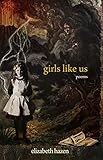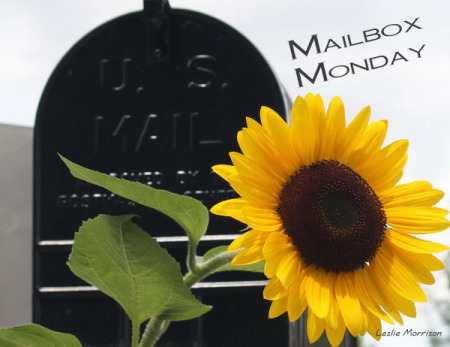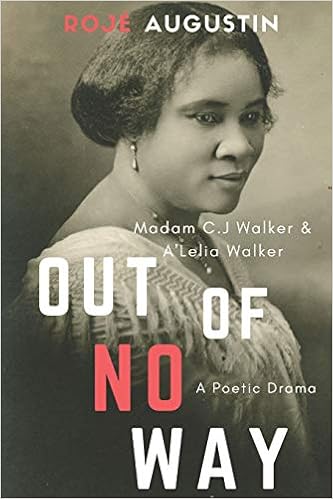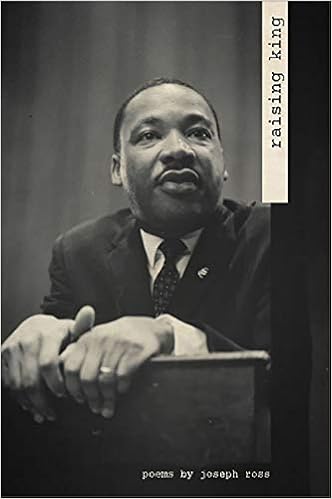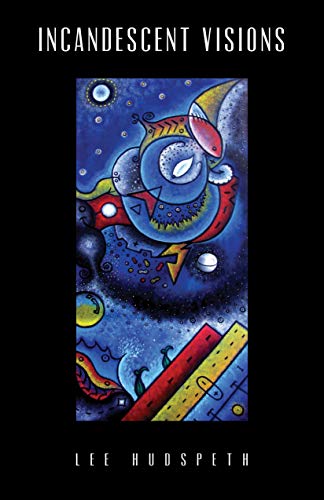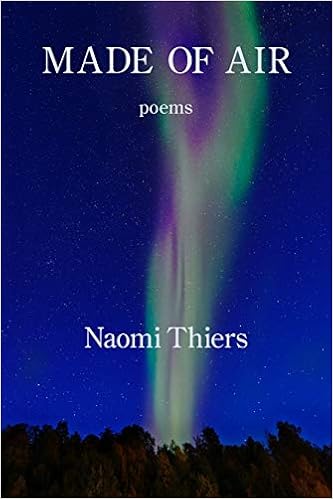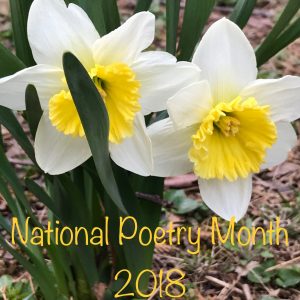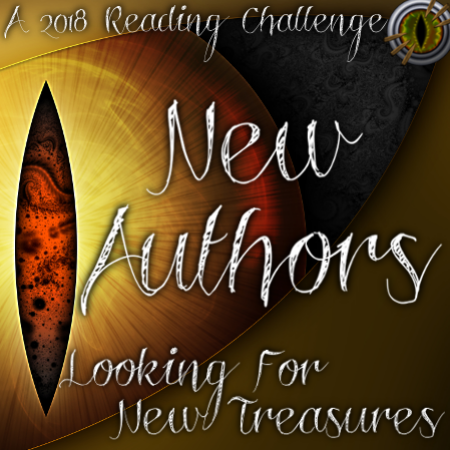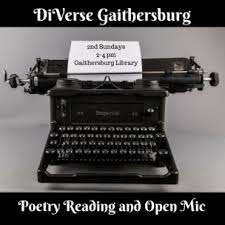 Mailbox Monday has become a tradition in the blogging world, and many of us thank Marcia of The Printed Page for creating it.
Mailbox Monday has become a tradition in the blogging world, and many of us thank Marcia of The Printed Page for creating it.
It now has its own blog where book bloggers can link up their own mailbox posts and share which books they bought or which they received for review from publishers, authors, and more.
Emma, Martha, and I also will share our picks from everyone’s links in the new feature Books that Caught Our Eye. We hope you’ll join us.
Here’s what I received:

Two hotel receptionists—and arch-rivals—find a collection of old wedding rings and compete to return them to their owners, discovering their own love story along the way.
It’s the busiest season of the year, and Forest Manor Hotel is quite literally falling apart. So when Izzy and Lucas are given the same shift on the hotel’s front desk, they have no choice but to put their differences aside and see it through.
The hotel won’t stay afloat beyond Christmas without some sort of miracle. But when Izzy returns a guest’s lost wedding ring, the reward convinces management that this might be the way to fix everything. With four rings still sitting in the lost & found, the race is on for Izzy and Lucas to save their beloved hotel—and their jobs.
As their bitter rivalry turns into something much more complicated, Izzy and Lucas begin to wonder if there’s more at stake here than the hotel’s future. Can the two of them make it through the season with their hearts intact?

Crushed & Crowned guides the reader through a “museum of bodies,” seeking to “illuminate the darkest corners of our history. From sanitation workers killed in Memphis, to elegies aimed at resurrection, these poems forbid sleeping. Murals of saints guard refugees, statues replace enslavers with confident Black teens, a high school teacher observes the joys and sorrows of his students. These poems also stop us at one of the world’s largest refugee camps, inviting us to see LGBTQ refugees and their plight. These poems center the lives of Harriet Tubman and Frederick Douglass, considering their places in our history. These poems believe that if we read and live with the right spirit, the “crushed” of our world can end up “crowned.”

Cross-disciplinary chapbook created in collaboration with photographer Robert Revere. The book addresses the act of looking, and the experience of going to museums. It is also about the COVID pandemic, and a time when museums and cultural spaces were closed.
A December to Remember by Jenny Bayliss purchased from Audible.
Wildly different half sisters Maggie, Simone, and Star have hardly seen one another since their sprightly summers at Rowan Thorp, their eccentric father Augustus’s home. Known for his bustling approach to the knick-knack shop he ran, Augustus was loved by all and known by none, not even his daughters.
Now, years later, the three estranged women are called upon for the reading of Augustus’s will and quickly realize he’s orchestrated a series of hoops through which they must jump to unlock their inheritance—the last thing any of them want to do. But Maggie and Star desperately need the money. And who would Simone be to resist?
Through hilarious goose chases, small-town mishaps, and one heart-warming winter solstice celebration, love is in the air, if only the three sisters can let themselves grasp it.
What did you receive?













